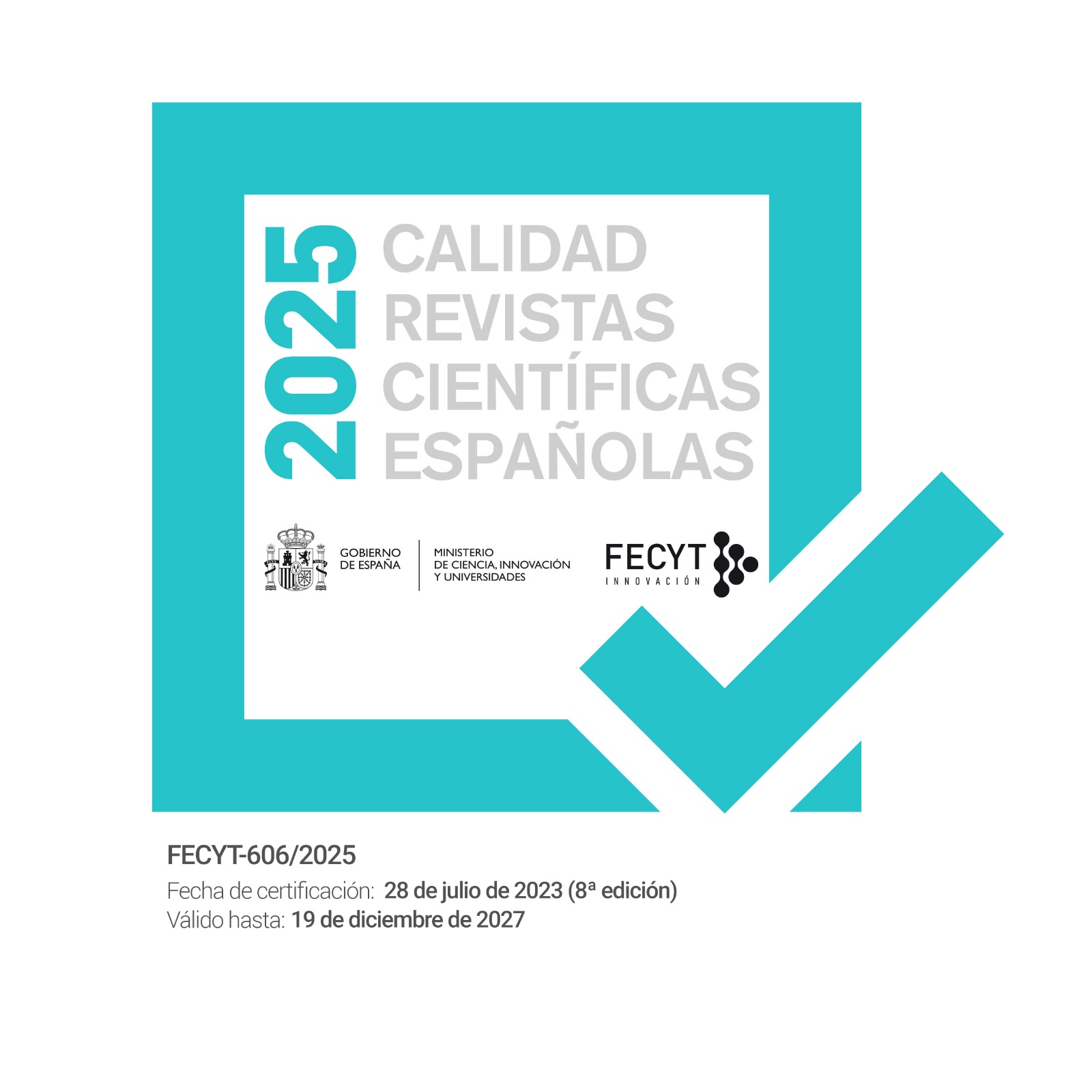Between Impunity and Treatment Orders: Mental Illness and its Legal Consequences on Argentine Criminal Codification and its Legal Culture (1877–1921)
Palabras clave:
Criminal codification, legal culture, mental illness, positivism, asylumResumen
The aim of this paper is to reconstruct in a historiographical way the legal responses of the Argentine penal codification in cases of crimes committed by the mentally ill. The chosen periodization is connected to normative formulations: in 1877 the province of Buenos Aires adopted the draft Criminal Code elaborated by Carlos Tejedor and in 1921 the current Criminal Code came into force. However, our analysis was to understand the legal culture of that society beyond the legal texts. For this purpose, we used a wide range of sources: norms; legal doctrine analysis; doctoral theses; Criminal Code reform projects; readings of foreign authors by the actors of that time, etc. This paper consists of three parts. Firstly, we analyze the situation that goes from the provincial adoptions of the national projects until the sanction of the Criminal Code of 1886. In this sense, Tejedor’s draft Criminal Code and the Ugarriza - Villegas - García draft – for the case of Córdoba were predominant. Secondly, we explore the criticisms that arose as soon as the Criminal Code of 1886 came into force. Thirdly, we analyze what happened regarding the mentally ill in the Criminal Code of 1921, still in force in Argentina with uncountable reforms.
Descargas
Descargas
Publicado
Cómo citar
Número
Sección
Licencia
Derechos de autor 2023 GLOSSAE. European Journal of Legal History

Esta obra está bajo una licencia internacional Creative Commons Atribución-NoComercial-SinDerivadas 4.0.
Creative Commons Reconocimiento-NoComercial-SinObraDerivada 4.0 España (CC BY-NC-ND 4.0 ES)




